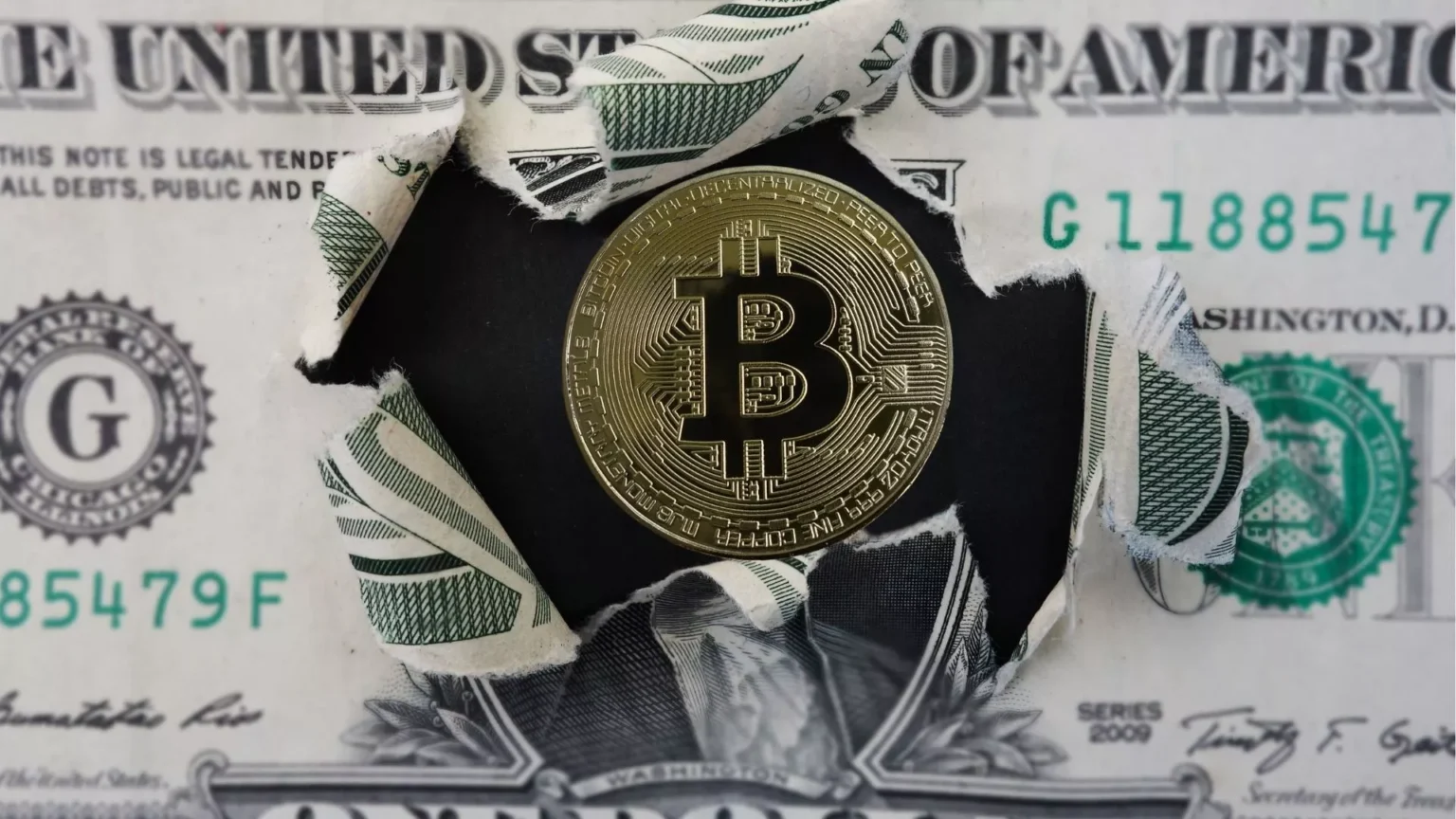What Are Sovereign Wealth Funds?
Sovereign wealth funds (SWFs) are government-owned funding funds. They handle nationwide financial savings, normally from surplus revenues like oil income or commerce surpluses. Their major purpose is long-term wealth safety and financial stability.
Not like central banks, which give attention to financial coverage and foreign money administration, SWFs make investments strategically. They allocate funds into:
- Actual property
- Shares
- Infrastructure initiatives
- Native companies
These funds give attention to regular, low-risk development quite than high-risk investments. Governments use SWFs to make sure monetary safety past quick financial wants.
Since SWFs serve broad funding objectives, they shouldn’t be confused with a Bitcoin reserve. Whereas a strategic Bitcoin reserve would give attention to crypto property, SWFs sometimes spend money on diversified portfolios.
Sovereign Wealth Funds within the US
A number of US states have already got sovereign wealth funds that comply with the basic definition. These funds use revenues from assets like oil, gasoline, and minerals to safe long-term monetary stability. Listed here are some key examples:
|
State |
Sovereign Wealth Fund |
Supply of Income |
|
Alaska |
Alaska Everlasting Fund |
Oil revenues |
|
Texas |
Everlasting Faculty Fund |
Oil & gasoline revenues |
|
Wyoming |
Everlasting Mineral Belief Fund |
Mineral extraction |
|
North Dakota |
Legacy Fund |
Oil & gasoline revenues |
|
New Mexico |
Severance Tax Everlasting Fund |
Useful resource taxes |
Some states additionally handle stabilization or “wet day” funds, which perform equally. In complete, round 23 states have some type of funding fund, although their constructions and mandates fluctuate.
Bitcoin Reserves within the US
A number of states are contemplating laws associated to Bitcoin reserves. To date, 15 states have launched payments that discover digital asset investments. Arizona and Utah are main this motion on the chamber vote stage.
Arizona’s Bitcoin Reserve Proposal
- Proposes a strategic Bitcoin reserve fund.
- Capped at 10% of public funds.
- Solely applied if the federal authorities creates a nationwide Bitcoin reserve.
- Aligns with Senator Cynthia Lummis’ Bitcoin Act, which inspires state participation in a federally managed crypto program.
Utah’s Digital Asset Invoice
- Permits as much as 10% of main state funds to be invested in digital property.
- Protects self-custody rights for crypto holders.
- Ensures that blockchain nodes should not categorized as cash transmitters.
- Covers digital property broadly, not simply Bitcoin.
Different State Proposals
- North Dakota’s invoice (HB1184) did not go.
- Wyoming’s invoice (HB201) additionally didn’t transfer ahead.
The Way forward for Bitcoin Reserves
The speedy growth of Bitcoin reserve laws suggests a shift in how governments view crypto. Bitcoin is not seen solely as a speculative asset. Some policymakers contemplate it a possible strategic reserve.
Nonetheless, whether or not these proposals turn out to be legislation relies on:
What is evident is that one not considers “if” Bitcoin has a job to play in public finance, however quite “when” and “how.
